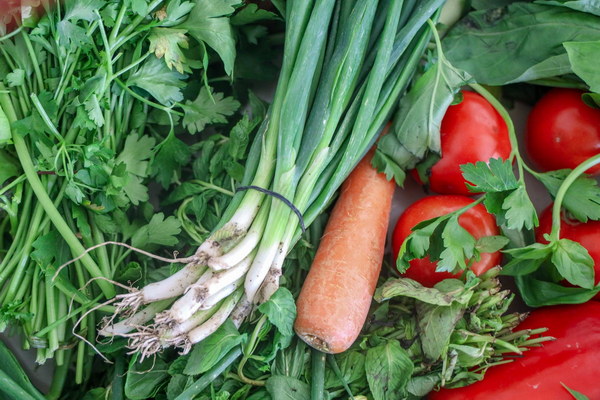Revolutionizing Health and Wellness Exploring China's Traditional Herbal Medicine Policies
In recent years, China has been making significant strides in promoting the use of traditional herbal medicine, or yao shan, as an integral part of its healthcare system. This article delves into the evolving policies and practices surrounding the utilization of herbal remedies, highlighting their benefits and challenges in modern medicine.
The roots of Chinese herbal medicine date back thousands of years, with the earliest recorded texts on the subject appearing in the 2nd century BCE. Over centuries, these practices have been refined and expanded, and today, they are considered a vital component of Chinese culture and healthcare. The Chinese government recognizes the importance of herbal medicine and has implemented various policies to ensure its safe and effective use.
One of the primary goals of China's herbal medicine policies is to regulate the industry and protect consumers. The State Administration of Traditional Chinese Medicine (SATCM) was established in 1994 to oversee the development, production, and distribution of traditional herbal products. The SATCM has set stringent quality standards, including strict guidelines for the cultivation, harvesting, and processing of herbs. These measures aim to reduce the risk of contamination and ensure that patients receive high-quality, safe products.
The government has also implemented policies to promote research and development in the field of herbal medicine. The National Natural Science Foundation of China, for example, funds numerous studies aimed at understanding the mechanisms of action and efficacy of traditional herbs. Additionally, the Chinese government encourages collaboration between traditional and Western medicine professionals to develop new treatments and improve patient care.
Despite the progress made, challenges remain. One of the biggest hurdles is the lack of standardized terminology and classification systems. This makes it difficult for healthcare professionals and researchers to compare and contrast different herbal remedies. To address this issue, the SATCM has been working on developing a comprehensive database of herbal ingredients, their properties, and potential interactions.
Another challenge is the perception of herbal medicine in the West. While many Western countries recognize the value of traditional Chinese medicine, there is still a lingering skepticism about its efficacy and safety. This perception is partly due to a lack of clinical evidence and standardized testing. However, the Chinese government is committed to addressing these concerns by encouraging more clinical trials and research.

In an effort to improve access to herbal medicine, the government has also been working to integrate it into the national healthcare system. This includes the establishment of herbal medicine clinics and the inclusion of herbal treatments in insurance plans. The government's goal is to make traditional herbal medicine more accessible and affordable for all citizens.
One of the most notable policies is the 1000 Botanicals Project, which aims to promote the cultivation of high-quality herbal plants in China. This initiative is part of a broader effort to support the sustainable development of the herbal medicine industry. By ensuring a stable supply of quality herbs, the government hopes to improve the overall quality and efficacy of herbal products.
The Chinese government's commitment to traditional herbal medicine is evident in its ongoing efforts to promote the industry and protect consumers. By setting stringent quality standards, encouraging research, and integrating herbal medicine into the national healthcare system, China is taking steps to ensure that this ancient practice continues to thrive in the modern world.
As the world becomes increasingly interested in natural and alternative healthcare solutions, Chinese herbal medicine is poised to play a significant role in the global healthcare landscape. By addressing the challenges and embracing the opportunities, China's traditional herbal medicine policies are setting the stage for a healthier future for its citizens and the world at large.









